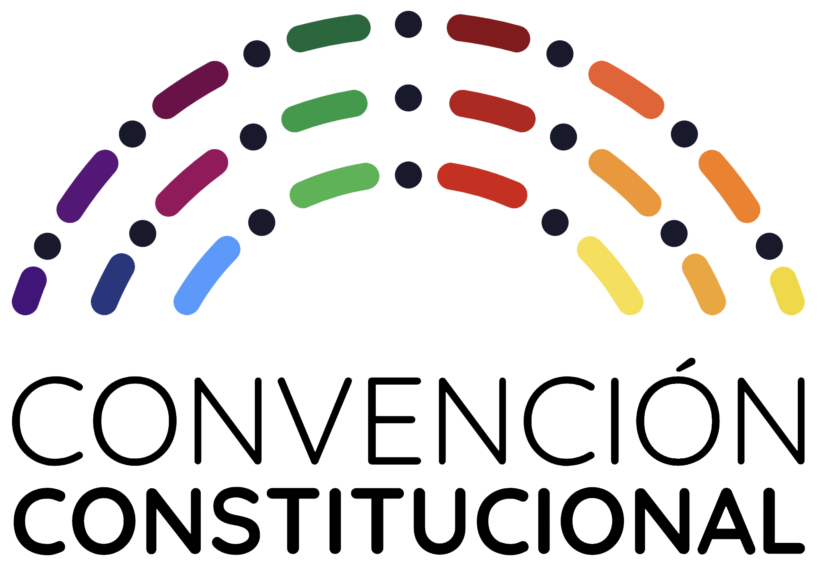First generation human rights refer to freedom and citizen participation in political life. They serve to protect the individual from the excesses of the state and include freedom of expression, the right to a fair trial, freedom of religion and universal suffrage. These rights were first incorporated in the Bill of Rights in the United States, and in France by the Declaration of the Rights of Man and of the Citizen in 1789. They were subsequently incorporated globally in the 1948 Universal Declaration of Human Rights.
Second-generation human rights aim to guarantee all members of the citizenry equal conditions and equal treatment. They include the right to education, housing and health rights, as well as social security and unemployment benefits. Like the first-generation rights, they were also included in the Universal Declaration of Human Rights.
“Everyone has the right to a standard of living adequate for the health and well-being of himself and of his family, including food, clothing, housing and medical care and necessary social services,” says Article 25.1 of the Declaration.
Consequently, social rights and their universalisation are part of the human rights of every society.
What the Constituent Convention (CC) is doing today is to consolidate the freedoms inherent to first generation human rights and to recover for the Chilean people the social rights that had been violated by the Guzmán-Pinochet Constitution of 1980, and which President Lagos did not reinstate in 2005.
It is not surprising that this bothers the right wing and big business, since they have enjoyed and enriched themselves with the commercialisation of health, housing, education and social security. But it is striking that some senators, such as Ximena Rincón and Fidel Espinoza, have become prominent agitators in favour of rejecting the new Constitution.
In the 1980 Constitution, the private sector has an indiscriminate field of business for the exercise of any type of activity, including the social area. On the other hand, the State is reduced to a strictly subsidiary role, which prevents it from promoting economic initiatives and, in the social area, it only has the authority to “focus” actions, and with scarce resources, in favour of families living in extreme poverty.
The Constitutional Convention has justly proposed to replace the subsidiary role given to the State by the 1980 Constitution and to create a Social and Democratic State governed by the rule of law. This means having a state that not only guarantees public freedoms, but also universal social rights.
This is a fundamental change to improve the living conditions of Chilean men and women. This is because the commodification of public goods, enshrined in the 1980 Constitution, allowed the business community to get rich from health, education, housing and social security. And, at the same time, the lack of will and resources for “targeting” poor sectors of the population has resulted in endless queues of modest patients in doctors’ surgeries, useless teaching in the schools of the towns and villages, and AFPs, converted into “social security”, which provide miserable pensions to the vast majority of the elderly.
The reality is that the subsidised state and the neoliberal model have built a wall of inequality that radically divides our society. Under these conditions, families in the upper-class neighbourhoods, paying isapres and public schools, obtain a high quality of health care and education, while in poor neighbourhoods the care in hospitals and public schools is shameful. At the same time, the amount of money, contributed individually to the AFPs, is what determines the amount of pension obtained in old age, with abysmal differences between managers and retired teachers.
The universalisation of rights, now proposed by the CC, and due to be approved on 4 September, is a recognition of our common belonging to society and is the most effective way to break down the wall that divides us, which has generated strong tensions and also crime. This is a clear commitment to the second generation rights enshrined in the United Nations Declaration of Human Rights.
With the approval of the new Constitution, and the establishment of a Social and Democratic Rule of Law, the cheating Constitution, which closed the doors to the majority of Chilean families to have a dignified life, will come to an end.
On the other hand, the new type of State will be able to protect society against aggressions against the environment and will be a guarantee that markets will not be invaded by monopolies and price collusions, which have harmed consumers so much. Incidentally, the new Magna Carta also ensures the right of women against discrimination and a fair representation of the regions vis-à-vis the central government.
While the people are trying to regain fundamental social rights, the right wing, big business and their press employees are relentlessly attacking the new constitution. This is understandable, as they defend their interests, albeit with a narrow, short-term vision that does not allow them to understand that the tensions in society also affect them.
However, the position of Senators Ximena Rincón and Fidel Espinoza, who are committed to defending the Rejection, is incomprehensible and regrettable. They have until 4 September to re-study the ideas of Christian humanism and socialism, in which they were politically formed, to weigh in conscience that their positions as senators are insignificant in comparison to the benefits and dignity that our people will recover thanks to the new Constitution.










